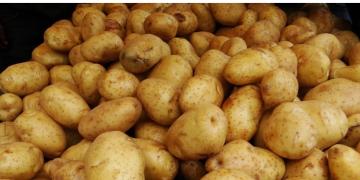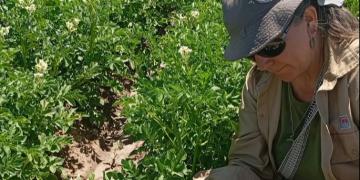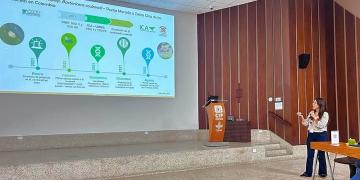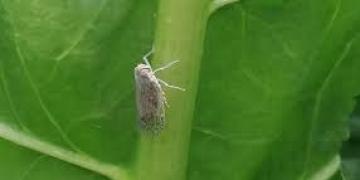Alemania: Will potatoes soon become more expensive? Pest could endanger harvest
New pest threatens potatoes and sugar beets: What’s behind the glassy-winged cicada – and why not only farmers are on alert.
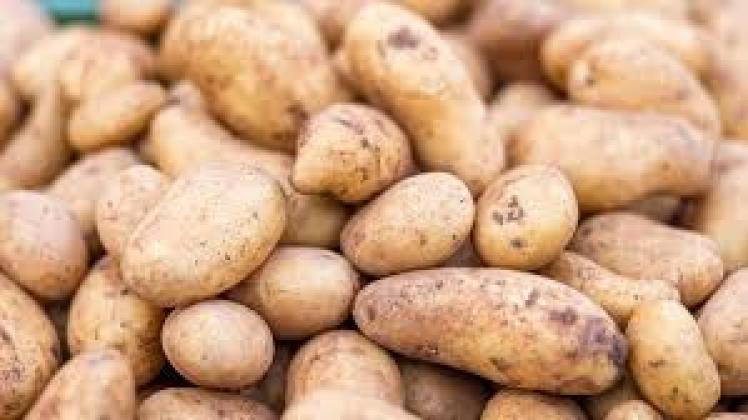
It looks harmless, this tuber in the ground – rough, inconspicuous, a staple food for generations. But what’s growing there in German fields is increasingly under pressure. A new, barely visible enemy is gaining ground: The reed glasswing planthopper has discovered the potato – and with it a dangerous bacterium that penetrates deep into the plant tissue. Bacterial potato tuber wilt is spreading – silently, but with serious consequences.
Potato plants turn yellow, tubers become rubbery
It has been known for about two years that it transmits the pathogen. The actual damage is therefore not caused by the insect itself, but by the dangerous pathogens it spreads. The first signs of infestation appear above ground: The leaves of the potato plant turn yellow and dry out, and eventually the stems also fall. The real problem lies underground: Instead of firm, plump tubers, farmers then find only soft, shriveled structures – so-called "rubber tubers." These are unusable and good only for disposal.
The pest has not yet arrived in MV
To track down the pathogen and develop effective countermeasures, several research projects were launched nationwide in a short space of time. Mecklenburg-Western Pomerania is also on the alert. The reed glasswing leafhopper is already a concern among farmers. "Fortunately, it’s not a problem here yet," says Steffen Kantwill. Currently, the spread of infected leafhoppers is limited to southern Germany.
"In Bavaria and the Rhineland, this is a very serious problem. So far, it hasn’t been found here in Mecklenburg-Vorpommern, but the experiences from other federal states definitely give us some cause for concern in the coming years," says the operations manager of the Sülte potato market.
Fuente: nordkurier.de

